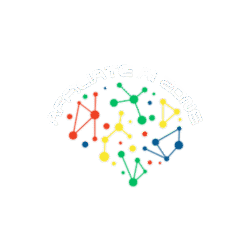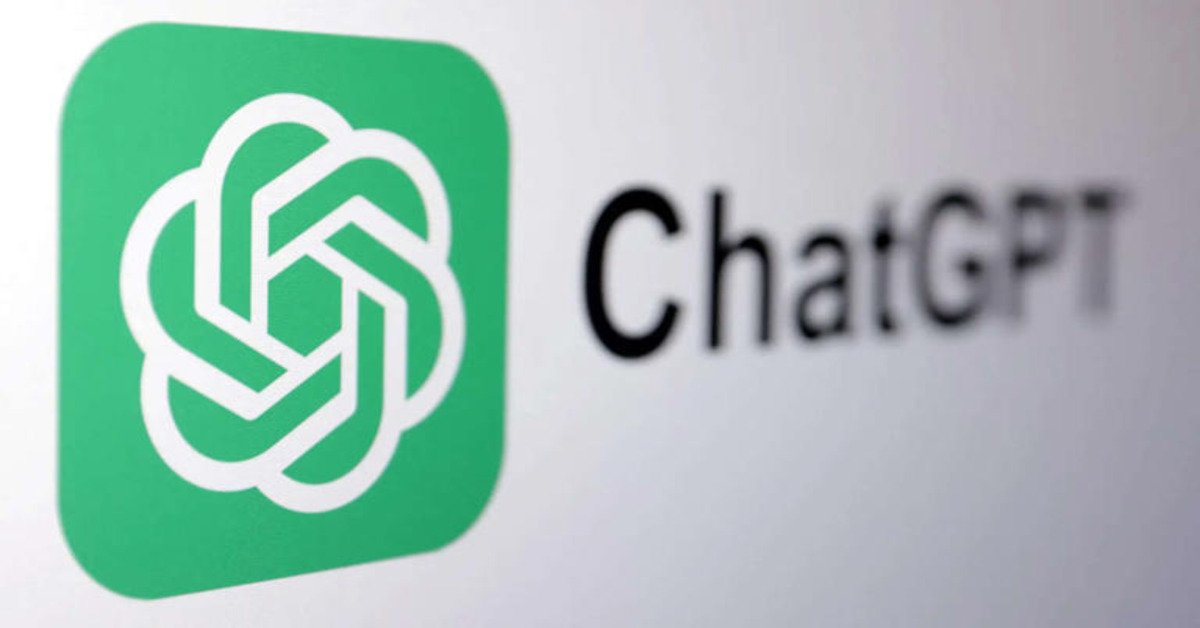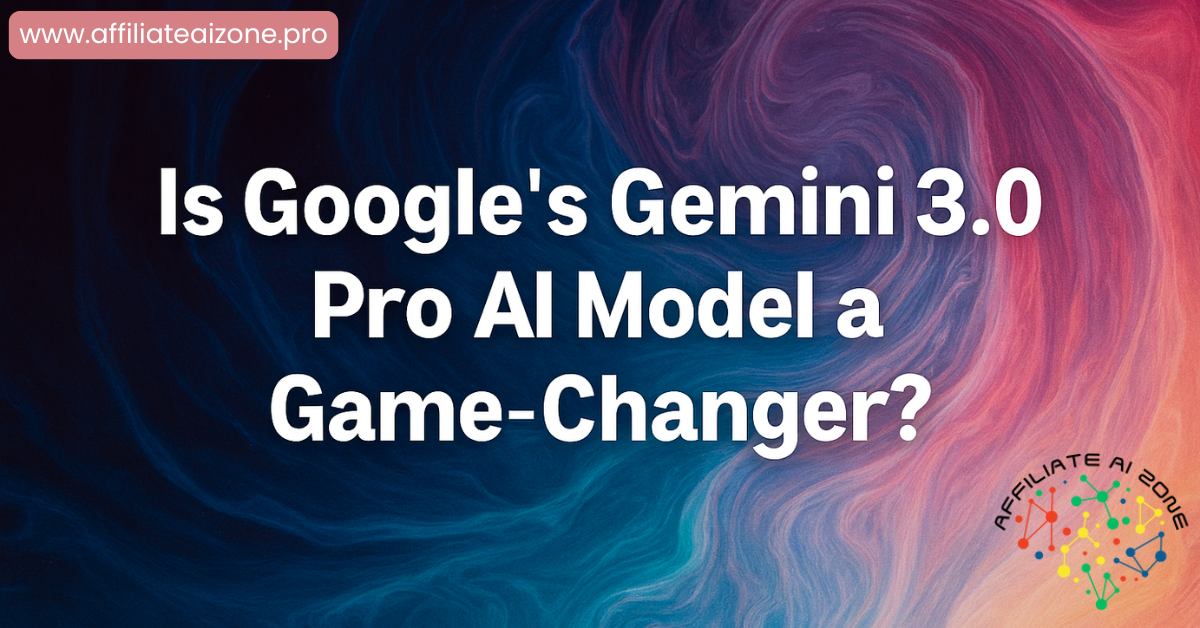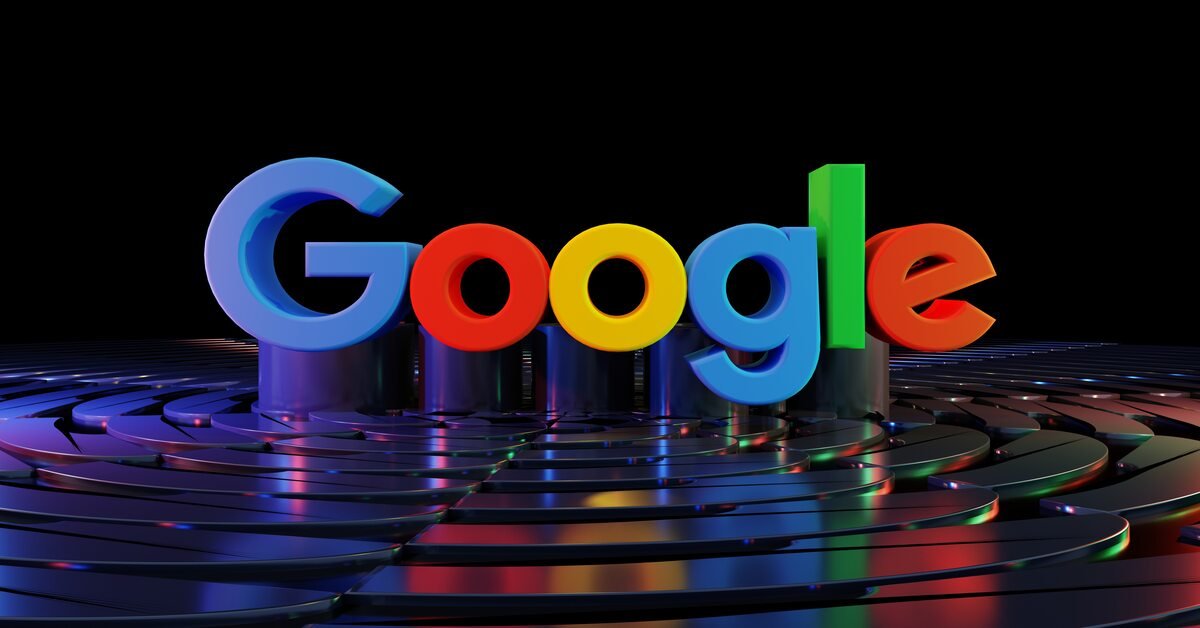In today’s fast-paced digital age, AI tools such as ChatGPT have become indispensable, assisting with tasks ranging from content creation to problem-solving. But what happens when these tools experience outages, as OpenAI did recently? Many users found themselves joking about having to “use their own brains” again.
ChatGPT, the widely popular AI chatbot developed by OpenAI, went offline in US, leaving millions of users stranded—and sparking a wave of humor across social media.
The outage began around 1:30 pm EST, according to Downdetector, with over 50,000 users reporting issues. By 3:30 pm, the reports continued to pour in, and a simple query to ChatGPT resulted in an “Internal Server Error” message. OpenAI confirmed the outage at 4:05 pm, blaming an unnamed internet service provider and promising to work on a fix.
X Reacts: Back to ‘Using our own brains’
Users on X (formerly Twitter) couldn’t resist poking fun at the situation. One quipped, “Back to using my own brain? No thanks.” Another joked, “When ChatGPT is down, who do I ask for my bad takes on philosophy?”
Even rival chatbot Grok, hosted on X, wasn’t spared from the chaos. Some users expressed frustration, while others simply switched platforms to vent their jokes.
“All i want are some practice tests,” another user wrote, as others referenced previous occasions on which ChatGPT was down. In one, an angry commenter stated that it took four hours for the bot to get back up and running, complaining that, in the amount of time it would take OpenAI to fix the current issues, they would simply be doodling.
This situation highlights a larger issue: over-reliance on AI tools. People are increasingly turning to AI for everyday tasks, which raises the question—why are we avoiding using our brains for daily work? AI offers convenience, but at what cost? As we lean more on AI, there’s a risk of diminishing critical thinking and creativity. While AI can enhance productivity, it’s crucial to strike a balance and ensure that we continue to exercise our minds, as brainpower remains irreplaceable.
In the end, while AI is a powerful ally, it’s essential to maintain a healthy relationship with technology, using it as a tool to augment, not replace, human intellect.




